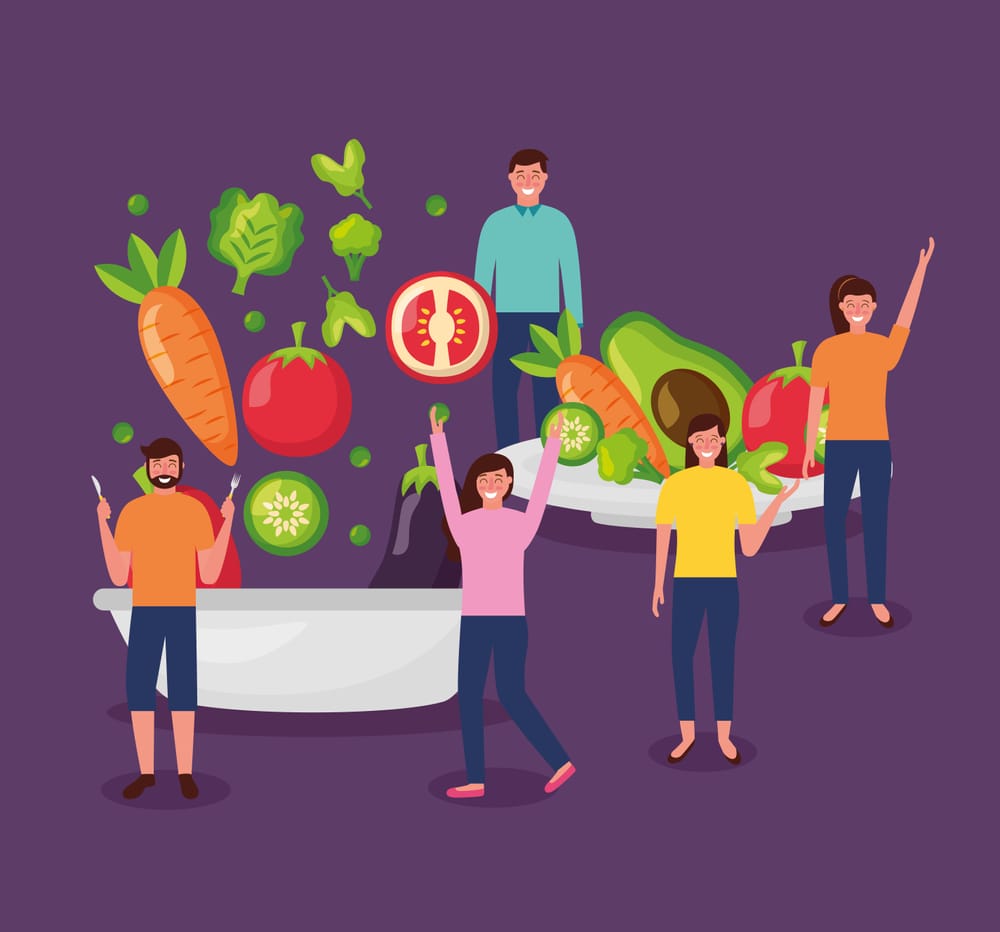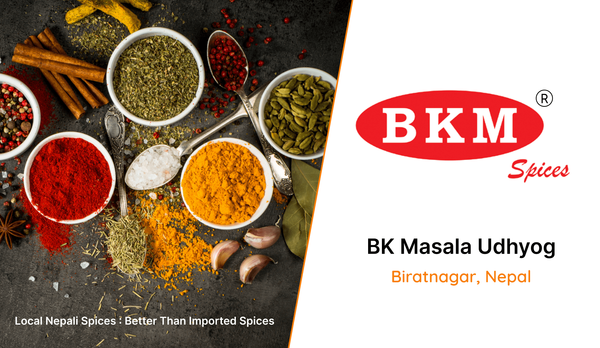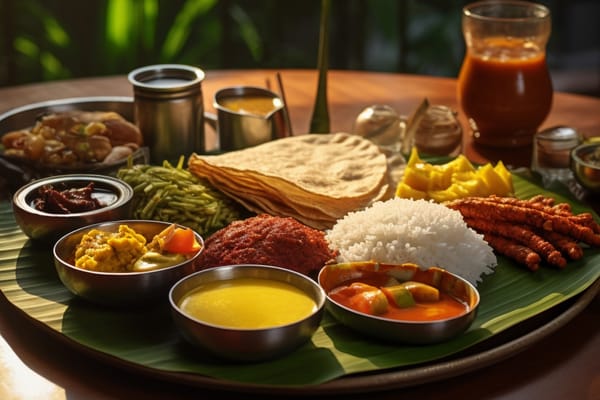The Truth About Organic Food: Is It Worth the Hype?
In recent years, organic food has become a buzzword in the health and wellness community. But is it really worth the hype? Let's dive into what organic food is, its benefits, and whether it deserves a place in your shopping cart.
What is Organic Food?
Organic food is produced through farming practices that avoid synthetic chemicals, such as pesticides and fertilizers. Instead, organic farmers use natural alternatives, crop rotation, and other sustainable practices to grow their produce. Livestock raised organically are given organic feed, have access to the outdoors, and are not treated with antibiotics or hormones.
The Benefits of Organic Food
1. Fewer Pesticides and Chemicals
One of the most significant benefits of organic food is the reduced exposure to pesticides and synthetic chemicals. Conventional farming often relies on these chemicals to protect crops and boost production. While regulatory bodies deem these chemicals safe in low amounts, some people prefer to avoid them altogether.
2. Nutritional Value
Some studies suggest that organic foods may have higher nutritional value compared to their conventionally grown counterparts. For example, organic fruits and vegetables often contain higher levels of certain antioxidants and vitamins. However, the differences in nutrient levels are generally small, and eating a balanced diet rich in fruits and vegetables, whether organic or not, is the most important factor.
3. Better Taste
Many people believe that organic food tastes better. This perception could be due to the fact that organic produce is often fresher, as it is usually sold closer to the time it is harvested. Additionally, organic farming practices aim to enhance soil health, which can contribute to the flavor of the produce.
4. Environmental Impact
Organic farming practices are designed to be more sustainable and environmentally friendly. They promote soil health, conserve water, and reduce pollution from pesticide runoff. By choosing organic, you may be supporting practices that are better for the planet.
5. Animal Welfare
Organic livestock farming prioritizes animal welfare. Animals are raised in more humane conditions, with access to the outdoors and organic feed. This aspect is particularly important for consumers concerned about the treatment of animals in the food production process.
The Cost Factor
One of the biggest drawbacks of organic food is its cost. Organic products can be significantly more expensive than conventional ones. This price difference is due to more labor-intensive farming practices, lower yields, and the cost of organic certification. For many families, the higher price tag can be a barrier to buying organic.
Is Organic Food Really Worth It?
The decision to buy organic food depends on your personal priorities and budget. Here are a few points to consider:
- Health Concerns: If avoiding pesticides and synthetic chemicals is important to you, organic food might be worth the investment.
- Environmental Impact: If you want to support more sustainable farming practices, buying organic can be a positive choice.
- Taste and Freshness: If you find that organic produce tastes better and you enjoy the freshness, it might be worth the extra cost.
- Budget: If you're on a tight budget, focus on buying organic versions of the “Dirty Dozen” (a list of fruits and vegetables that typically have higher pesticide residues) and stick to conventional options for the “Clean Fifteen” (produce with lower pesticide residues).
Conclusion
Organic food offers several benefits, from reduced chemical exposure to environmental sustainability. However, it often comes at a higher cost. Ultimately, whether organic food is worth the hype depends on your individual preferences and circumstances. Balancing the benefits against the cost and making informed choices that suit your lifestyle is the key to deciding if organic food deserves a spot in your pantry.




